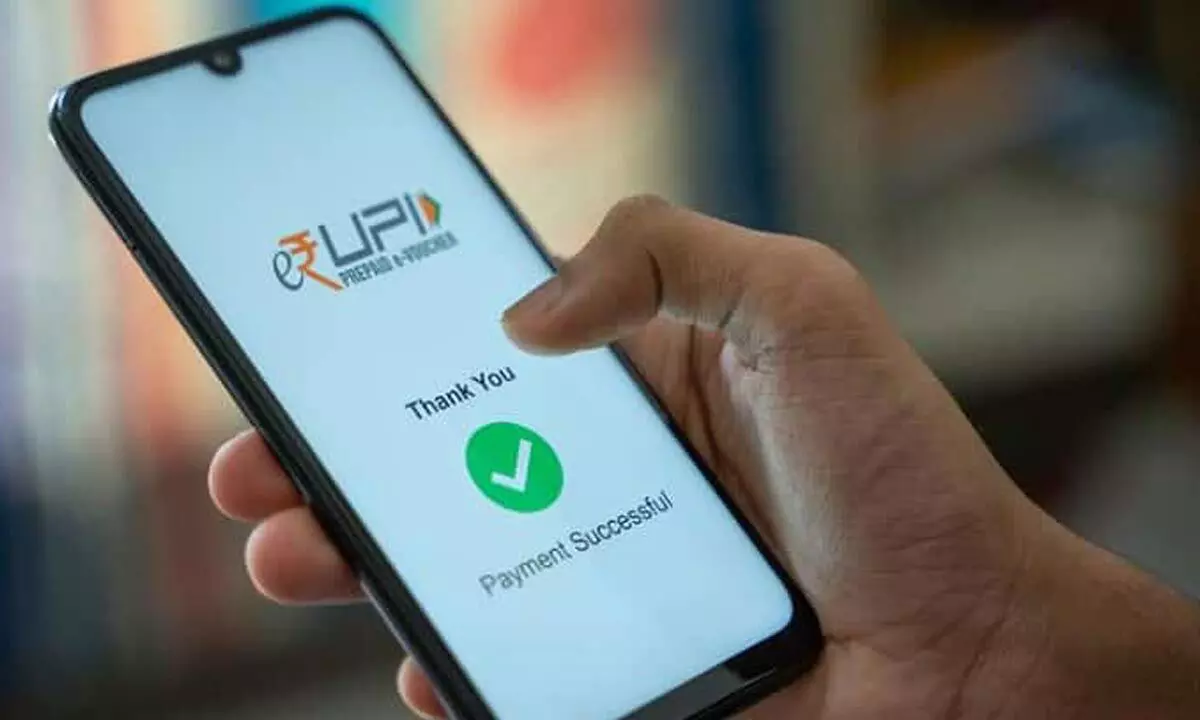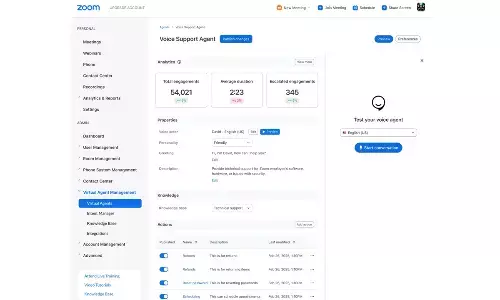NPCI suggests an interchange fee of 1.1 % above ₹2,000; Who has to pay?

NPCI suggests an interchange fee of 1.1 % above ₹2,000; Who has to pay?
The NPCI has recommended an interchange fee of up to 1.1 per cent on transactions above ₹2000, and the move aims to increase revenue for banks and payment service providers.
The National Payments Corporation of India (NPCI), the body that runs and manages the UPI system, has proposed an interchange fee on Unified Payments Interface (UPI) transactions of more than Rs 2,000 made via Prepaid Payment Instruments (PPI). The move aims to boost revenue for banks and payment service providers, which have reportedly been struggling with the UPI high-cost transactions. The fee will be charged from April 1, and the exchange fee will be reviewed on September 30, 2023.
Let's try to understand this in detail:
1. UPI payments made via PPI, read digital wallets like PayTM wallet, will now have a 1.1 per cent fee if the transaction value is Rs 2000 or more.
2. This charge will only attract wallet transactions worth Rs 2000.
3. The fee will be charged on the merchant's side. This means merchants may or may not pass the additional cost on to consumers.
4. Regular UPI transactions made directly from bank account to bank account are still free.
UPI is currently India's most widely used and preferred payment system that allows customers to transfer money between bank accounts instantly using their mobile phones. On the other hand, PPIs are digital wallets enabling users to store money and make payments. Some PPIs exist in India, including Paytm, PhonePe, and Google Pay. An interchange fee is a fee one bank charges another bank to process a transaction. For UPI transactions, the interchange fee is paid by the merchant's bank (the person or business receiving the payment) to the payer's bank (the person making the payment).
Clarifying the new fee, NCPI said: (Recently) NPCI has allowed PPI wallets to be part of the interoperable UP ecosystem. As a result, the interchange charges introduced only apply to PPI business transactions, and there is no charge for customers, further clarifying that there are no bank account charges for UPI payments based on bank accounts (i.e. regular UPI payments)."
Further clarification: Does this mean users will be charged for UPI transactions? The answer is no. In most cases, users are unlikely to see an additional fee added to their transactions. The new fee on UPI transactions will only apply to merchants who accept payments above Rs 2,000 using prepaid payment instruments (PPIs), such as mobile wallets. Individual users conducting personal transactions using UPI will not be charged any additional fees.
As per the NPCI, the proposed interchange fee aligns with recommendations from the Committee on Payments and Market Infrastructures and the World Bank that suggest an interchange fee of up to 1.15 per cent for UPI transactions.









